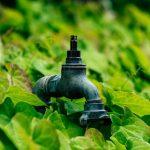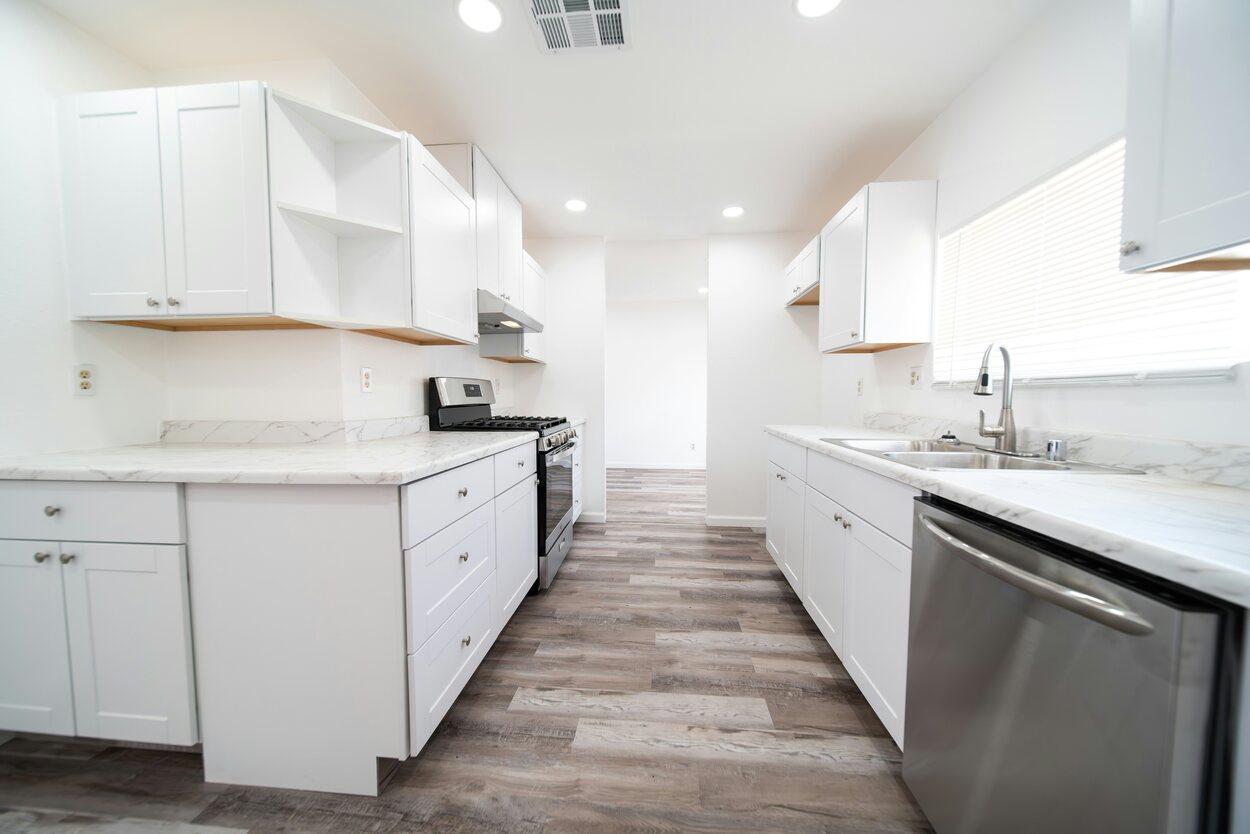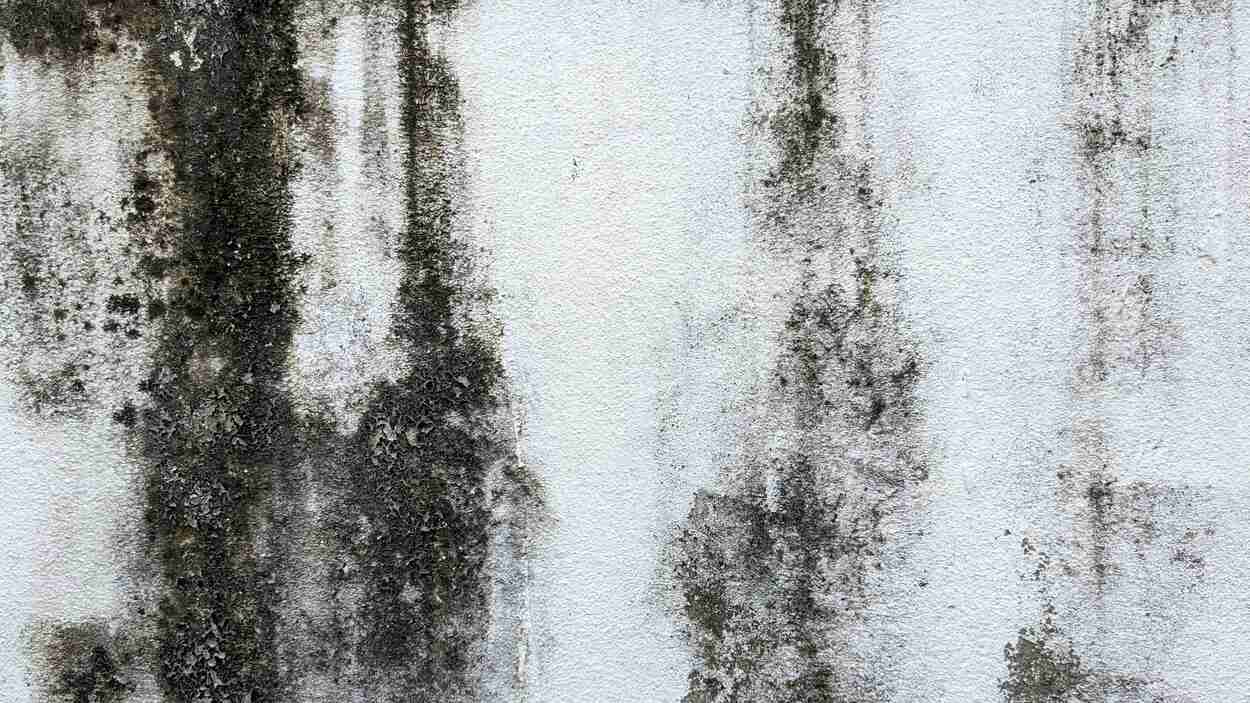Whether brand new or decades old, your home is a complex system of pipes and appliances that require regular care to stay in top form. Plumbing preventative maintenance is an often overlooked, but crucial aspect of home ownership. The good news is that with some knowledge and vigilance, most plumbing mishaps can be mitigated or even prevented outright. Let’s discuss how you can achieve complete peace of mind when it comes to your home’s plumbing.
Contents
- Spotting Plumbing Leaks Early
- Insuring Against Plumbing Mishaps
- Key Plumbing Maintenance Stratagems
- Vigilance Against Potential Leaks
- Benefits of Drain Screens
- Managing Your Water Heater
- Insulating Your Home’s Pipes
- Testing and Maintaining Sump Pumps
- Avoid Inappropriate Toilet Disposals
- Guarding Plumbing Against Tree Roots
- Why a Water Softener?
- Teaching Home Inhabitants Plumbing Care
- Conclusion: Cultivate Plumbing Awareness
- Frequently Asked Questions (FAQ)
Spotting Plumbing Leaks Early
Leaking taps are far more than just a minor annoyance – they’re potential disasters waiting to happen. In fact, small drips from a leaky tap can waste more than 3,000 gallons of water per year. That’s enough to take over 180 showers! Don’t let these issues slide; early detection and speedy repairs are key.
If a threadbare washer is the culprit behind your dripping tap, replacing it is an easy and inexpensive solution. However, sometimes the problem may lie within corroded valve seats or worn-out seals – problems best handled by a professional plumber.
Remember, up to 20% of toilets leak too. These silent leaks contribute significantly to water waste and inflated utility bills. Make sure to have a professional inspect your system regularly for any hidden leaks.
Insuring Against Plumbing Mishaps
The Environmental Protection Agency (EPA) warns that household leaks can waste approximately 1 trillion gallons of water annually nationwide. This could lead to substantial damages, like water damage, which can be expensive and inconvenient to deal with.
In cases of water damage affecting your property due to leaks or pipe bursts, home insurance could save you from a financial pinch. Many homeowners’ insurance policies cover unexpected water damage within the home structure. However, remember that future maintenance becomes even more critical after any major plumbing event.
Key Plumbing Maintenance Stratagems
Regular maintenance is non-negotiable if you wish to keep your plumbing system in tip-top condition and avoid any likelihood of emergency repairs. The American Society of Plumbing Engineers confirms that routine check-ups can help reduce the chance of emergency repairs by up to 95%.
Your home holds a labyrinth of pipes, all susceptible to clogs and blockages. Regularly clean the smaller drains in your house. For larger issues, like sewer blockages, tackle them immediately with the help of a professional plumber.
Another valuable maintenance stratagem is to regularly descale your shower heads and taps. Minerals present in water can build up over time, impacting the water flow and efficiency.
Vigilance Against Potential Leaks
Homes with high water pressure (over 60 pounds per square inch) often experience more frequent plumbing problems. These issues may be resolved by installing a pressure regulator, which the majority of houses lack.
It is recommended to inspect exposed pipes for potential leaks periodically, especially those located in basements or garages. Look out for wet spots on floors or ceilings as they might indicate concealed leaks.
Benefits of Drain Screens
A cost-effective way to prevent drain clogs is through drain screens. These screens work efficiently to prevent debris from entering the drains, thus maintaining an unobstructed flow. They are especially useful at sinks where the chances of food waste blocking pipes are considerably high.
Managing Your Water Heater

Without proper care, kitchen sink disposals’ lifespans can see a decrease of 30%, typically lasting only 5-10 years. Annual servicing of your water heater may go a long way to avoid this reduction in longevity and potential failure. According to the World Plumbing Council, failure to routinely service your water heaters can decrease their lifespan by 2-3 years.
Part of managing your water heater includes assessing it for possible leaks or rust. A professional plumber needs to inspect significant changes, such as fluctuations in water temperature or pool formations around the heater.
Insulating Your Home’s Pipes
In colder regions, pipes are at risk of freezing and bursting, leading to costly repairs. Insulating your home’s pipes is a proactive solution. Foam tubes available at most hardware stores act as excellent insulators, making them an easy weekend project for ensuring your pipes can withstand freezing temperatures.
Besides, pipe insulation can also help reduce the amount of heat lost while your water travels from the heater to the tap, saving on heating costs.
Testing and Maintaining Sump Pumps
Let’s start with a crucial aspect of plumbing peace of mind – sump pumps. Situated in the lowest points of your home typically the basement, sump pumps have a standout role in preventing water damage by pumping out accumulated water due to heavy rain or leaking pipes. However, their importance can often be overlooked, and the negligence starts affecting its efficiency.
As per expert advice, these devices require an annual service to maintain their efficiency. Did you know that lack of maintenance of your water heater can decrease its lifespan by 2-3 years? A well-maintained sump pump not just saves you from unwanted disasters, but it also contributes to your peace of mind. It is likely that you may need to call a professional plumber like us at Dan’s plumbing for certain complex tasks, we’ve got you covered!
You can begin by testing your pump during a dry season. Pour a bucket of water into the sump pit until the pump kicks in, ensure it functions smoothly and drains off the water adequately. Cleaning out the debris in the grate at the bottom is also highly recommended as it avoids blockage.
Remember, precautions today can save thousands tomorrow!
Avoid Inappropriate Toilet Disposals

Now let’s clear up some misconceptions about toilets! Toilets are specially designed for human waste and toilet paper disposal only. Everything else can lead to unnecessary blockages over time, contributing to water wastage and increased utility bills.
Interestingly, studies claim that up to 20% of toilets leak. These leaks are not always visible but they significantly add up to your water bill. Regularly checking your toilet for signs of leaks can save about 10% on your water biils too!
Items like wipes, tissues, cotton swabs, diapers, and even items marked ‘flushable’ don’t disintegrate well and potentially back up the flow in your pipes. An unforeseeable amount of waste accumulating in your sewage pipe can cause significant damage over time. Educate everyone in your home about what’s not meant for the toilet; it’s also an environmental step forward!
Guarding Plumbing Against Tree Roots
“The roots made a way through the pipes” sounds more like a nature documentary narrative than a plumbing issue doesn’t it? Well, you’d be surprised to know that tree roots invading sewer pipes is one of the most common plumbing issues homeowners face.
Trees naturally grow their roots towards water sources, so a leaky pipe acts as a perfect root magnet giving way for them to enter and do extensive damage. Regular maintenance checks with an expert eye help identify these threats early, preventing major damage and expensive repairs.
Why a Water Softener?
Hard water is not actually ‘hard’; rather, it contains more minerals than regular water. You think ‘what’s wrong with a few extra minerals?’ But unfortunately, these minerals build-up causing scaling over time in pipes and appliances such as water heaters, dishwashers and washing machines.
It’s estimated that household leaks can waste approximately 1 trillion gallons of water annually nationwide. A part of this account to hard water appliances as they are susceptible to leakages. Excessive scaling also reduces the efficiency of appliances and their lifespan.
A water softener not only improves appliance longevity but also saves your money by reducing leak related issues. The added benefit? Softer clothes from your washing machine and fewer soap curds on your dishes!
Teaching Home Inhabitants Plumbing Care

If you have children or other occupants in your house, then imparting some basic plumbing care knowledge to them will save you a lot of hassle. This might include simple things like not leaving taps (valve) open, using drain nets to avoid hair build-up in the shower, avoiding pouring oil or food waste into kitchen sink disposals, and not using toilets for non-disposable items disposal.
Remember, regular plumbing maintenance can reduce the chance of emergency repairs by up to 95%. Kitchen sink disposals, if not maintained, can have a reduced lifespan of 30%, typically lasting 5-10 years with proper care.
Conclusion: Cultivate Plumbing Awareness
In conclusion, professional preventive maintenance is essential to maintain your home’s plumbing infrastructure while saving on exorbitant repair costs. Test sump pumps regularly and educate your family about valid toilet disposals. Resolve issues related to tree roots before they become significant, adopt water softeners to combat hard water, and teach your family members simple plumbing care practices for a more peaceful mind.The journey to plumbing peace of mind begins with awareness and ends with action! Contact our team at Dan’s Plumbing for all your plumbing needs.
Frequently Asked Questions (FAQ)
How often should I get my home’s plumbing inspected?
It is recommended to have a professional inspection of your home’s plumbing annually. If you have an older home, more frequent checks may be necessary.
What are the common signs that I have a leak in my home?
Common signs of a leak can include unexpectedly high water bills, damp spots on walls, floors, and ceilings, and poor water pressure.
What can cause my tap to drip or leak?
Tap leaks are most commonly caused by a worn-out washer, but can also be due to corroded valve seats or worn-out seals.
What kind of maintenance does my water heater need?
Regular inspection for leaks or rust, as well as checking for any significant changes in water temperature, are important aspects of water heater maintenance. Annual servicing of your unit will help maintain its lifespan.
What can I do to prevent pipe freezing?
Pipe insulation is a fantastic way to prevent freezing in cold temperatures. This can be easily accomplished using foam tubes, available at most hardware stores.
How can I prevent clogged drains?
Regular cleaning of smaller drains and the use of drain screens can take care of most clogging issues. For considerable clogs, it’s better to hire a professional to do the job.
What should or shouldn’t get flushed down my toilet?
Apart from human waste and toilet paper, nothing else should be flushed down a toilet. Despite being labeled as ‘flushable,’ many items like baby wipes and feminine hygiene products do not disintegrate well and can cause significant plumbing issues.
What causes toilet leaks?
Most toilet leaks stem from issues within the toilet tank, like misaligned or damaged flappers, corroded valve seats, or problems with the fill valves.
What is hard water? How does it affect my plumbing?
Hard water contains a higher mineral content than regular water, leading to scaling inside pipes and appliances. This buildup can negatively impact water pressure and appliance efficiency, and increase your chances of leaks.
What precautions can I take against tree roots damaging my pipes?
With professional roto-rooting or hydro-jetting services, tree roots can be cleared from your pipes. Having your plumbing regularly inspected can also alert you to potential issues before they cause significant damage.
Related posts:
 Confessions of a Plumber: Tell-tale Signs Your Sydney Home Needs Our Plumbing Expertise
Confessions of a Plumber: Tell-tale Signs Your Sydney Home Needs Our Plumbing Expertise
 Bidding Farewell to Mould and Mildew: Keeping Your Kitchen Plumbing Hygienic
Bidding Farewell to Mould and Mildew: Keeping Your Kitchen Plumbing Hygienic
 Every Drop Counts: Dan’s Plumbing Tips to Conserve Water at Home
Every Drop Counts: Dan’s Plumbing Tips to Conserve Water at Home
 Investing in Your Home: Dan’s Plumbing Helps You Maintain Its Value
Investing in Your Home: Dan’s Plumbing Helps You Maintain Its Value
 Leaking Garden Tap? Dan’s Plumbing Provides Quick and Lasting Repairs
Leaking Garden Tap? Dan’s Plumbing Provides Quick and Lasting Repairs
 Aussie Alert! Signs You Need a Plumber ASAP
Aussie Alert! Signs You Need a Plumber ASAP



